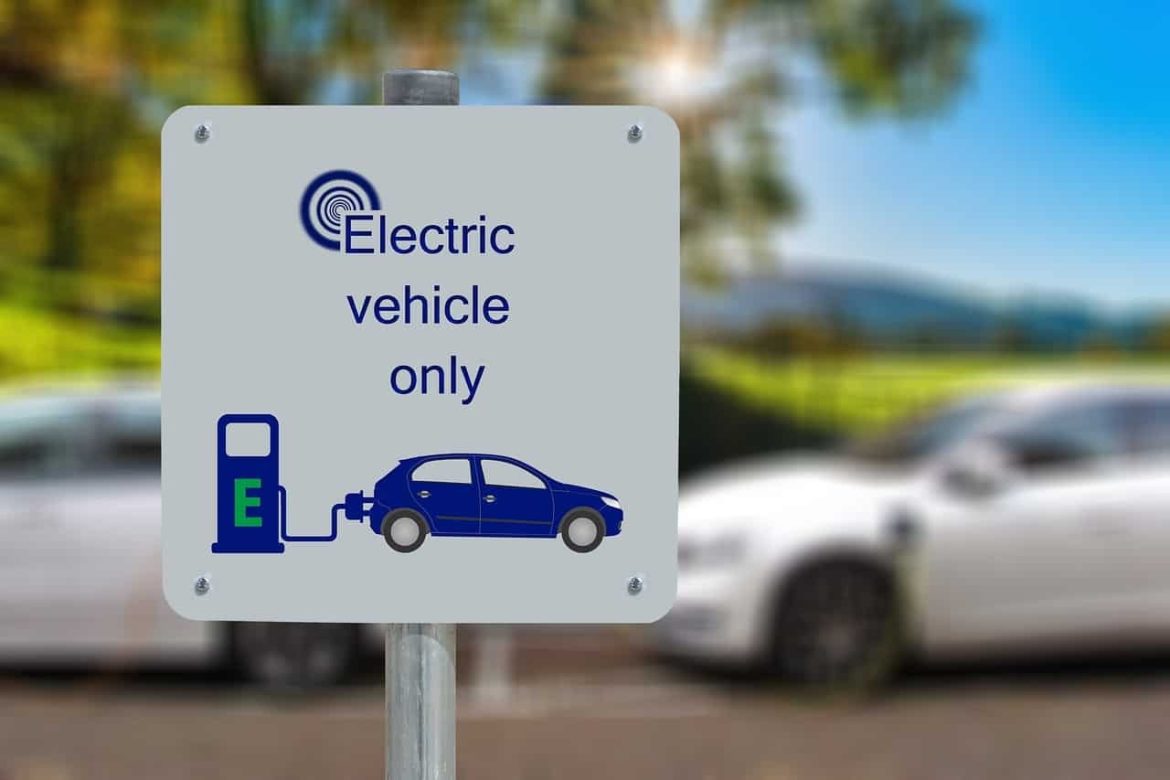As the world grapples with the growing challenges of climate change and environmental sustainability, the automotive industry has been at the forefront of innovation, particularly in the development of electric cars. In this article, we will delve into the realm of electric vehicles (EVs) and their pivotal role in achieving sustainable transportation. We’ll explore the technology behind electric cars, the environmental benefits they offer, and the challenges and opportunities in their widespread adoption.
The Rise of Electric Vehicles
Electric vehicles, once considered a niche market, have experienced a remarkable surge in popularity in recent years. This shift can be attributed to several factors:
Environmental Concerns and Emissions Reduction
The urgent need to reduce greenhouse gas emissions has driven both consumers and governments to seek cleaner transportation alternatives. Electric cars produce zero tailpipe emissions, making them a vital tool in combating air pollution and climate change.
Technological Advancements
Advancements in battery technology have significantly improved the range and performance of electric cars. Lithium-ion batteries, in particular, have become more efficient and affordable, allowing for longer journeys between charges and faster charging times.
Cost Savings
Over the long term, electric vehicles can be more cost-effective than traditional internal combustion engine (ICE) vehicles. Lower operating costs, fewer maintenance requirements, and government incentives contribute to their affordability.
The Technology Behind Electric Cars
Electric cars rely on an intricate blend of technologies to provide clean and efficient transportation:
Electric Motors
Electric motors, typically powered by lithium-ion batteries, are the heart of electric cars. These motors convert electrical energy into mechanical energy to drive the vehicle’s wheels. They are known for their instant torque, providing a smooth and responsive driving experience.
Battery Technology
Battery technology plays a pivotal role in electric cars. Advances in battery chemistry and design have led to increased energy density, longer battery life, and faster charging. Tesla’s advancements in this area have been particularly influential.
Regenerative Braking
Regenerative braking is a feature unique to electric vehicles. It recovers kinetic energy during braking and converts it back into electricity, which can be stored in the battery. This technology improves energy efficiency and extends the vehicle’s range.
Environmental Benefits of Electric Cars
Electric vehicles offer numerous environmental advantages, making them a crucial component of sustainable transportation:
Reduced Greenhouse Gas Emissions
Electric cars produce zero tailpipe emissions, reducing the carbon footprint associated with traditional gasoline and diesel vehicles. The reduction in greenhouse gas emissions contributes to cleaner air and mitigates climate change.
Decreased Air Pollution
Electric cars also contribute to improved air quality in urban areas. By eliminating the emissions of harmful pollutants like nitrogen oxides (NOx) and particulate matter, EVs help combat respiratory diseases and promote healthier living environments.
Challenges and Opportunities
While electric cars hold great promise, they also face challenges on the road to widespread adoption:
Charging Infrastructure
The availability of a reliable and widespread charging infrastructure remains a key hurdle. Governments and private enterprises are investing in expanding charging networks, but more progress is needed to alleviate “range anxiety” among consumers.
Battery Recycling and Sustainability
Efforts are underway to develop sustainable battery recycling and disposal methods. As the EV market grows, addressing the environmental impact of battery production and disposal will become increasingly important.
Affordability and Range
Although electric cars are becoming more affordable, achieving price parity with conventional vehicles and extending their range further are essential to attract a broader range of consumers.
Conclusion
Electric cars are driving us toward a more sustainable future for transportation. Their technological advancements, environmental benefits, and cost savings make them an attractive choice for consumers and a vital tool in reducing our carbon footprint. As we continue to address the challenges and seize the opportunities presented by electric vehicles, we move closer to a cleaner, greener, and more sustainable transportation ecosystem. The road ahead may be challenging, but it is one that leads to a brighter and more sustainable future for all.
